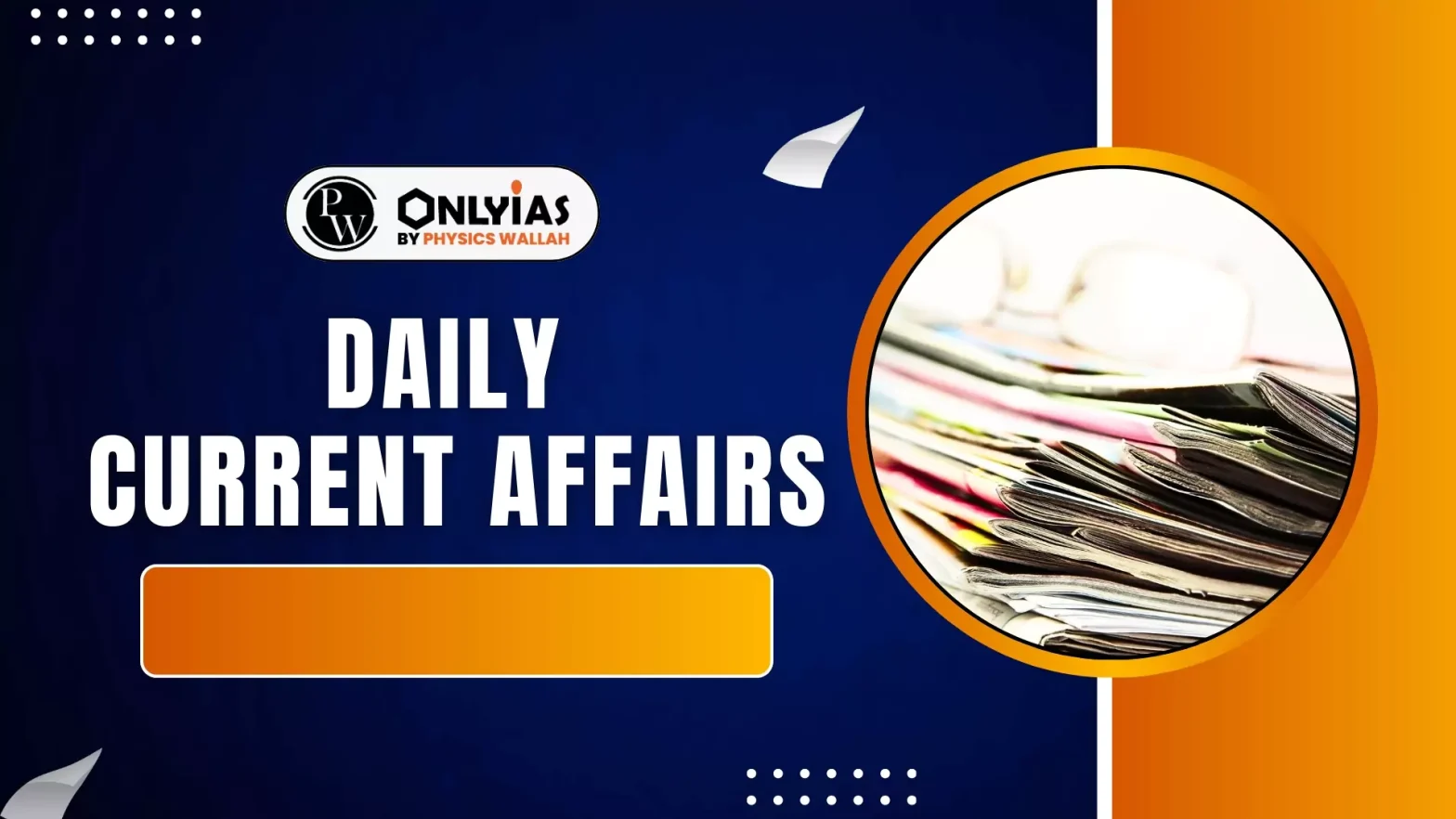The Delhi and Bombay High Courts have recently issued orders protecting the personality rights of celebrities from unauthorised use of their images, voices, and personas through AI-generated content, deepfakes, and merchandise.
What are Personality Rights?
- Definition: Personality rights safeguard an individual’s unique identity traits including name, likeness, image, voice, signature, catchphrases, and distinctive style from unauthorised commercial exploitation.
- These rights ensure autonomy and dignity, rooted in Article 21 of the Constitution (Right to Privacy and Right to Life).
Types of Personality Rights
- Right to Privacy: Protects an individual’s personal life from unwarranted intrusion or disclosure without consent.
- It was recognised in R. Rajagopal v. State of Tamil Nadu (1994) and expanded in Justice K.S. Puttaswamy v. Union of India (2017).
- Example: Preventing unauthorised publication of private details of individuals or creating deepfakes of ordinary citizens.
- Right of Publicity: Protects commercial use of personal attributes such as name, image, or signature.
- Prevents unauthorised use for endorsements, merchandise, or advertising.
- Example: M.S. Dhoni applied for the trademark “Captain Cool” to protect his sporting persona.
- Amitabh Bachchan, Shah Rukh Khan, and Priyanka Chopra have registered their names under the Trade Marks Act, 1999.
Personality Rights in India
- Constitutional Protection: Article 21 of the Constitution safeguards personality rights through the rights to privacy and publicity.
- Statutory Provisions:
-
- Copyright Act, 1957: Sections 38A and 38B grant performers exclusive and moral rights over their performances.
- Trade Marks Act, 1999: Allows individuals, particularly celebrities, to register names, signatures, or catchphrases as trademarks.
- Passing Off under Section 27, Trade Marks Act: Protects goodwill and prevents unauthorised commercial exploitation even without registered marks.
Judicial Development of Personality Rights
- R. Rajagopal v. State of Tamil Nadu (1994): Supreme Court recognised individual control over identity, grounding it in privacy rights, while allowing publication of public record details.
- Arun Jaitley vs Network Solutions Pvt Ltd (2011): Delhi HC held that an individual’s fame on the internet is the same as in reality, and that a personal name, once it attains distinctive recognition, deserves protection.
- Rajinikanth Case (2015, Madras HC): Court restrained misuse of actor’s name, image, and style, clarifying that proof of deception is not required if the celebrity is identifiable.
- Anil Kapoor Case (2023, Delhi HC): Court barred unauthorised use of the actor’s name, voice, and catchphrase “Jhakaas,” but upheld that parody, satire, and criticism are legitimate free expression.
- Jackie Shroff Case (2024, Delhi HC): Court restrained e-commerce platforms and AI chatbots from exploiting his persona, emphasising protection of brand equity.
- Arijit Singh Case (2024, Bombay HC): Court stopped AI-based voice cloning, affirming that name, voice, likeness, and persona are integral to publicity rights.
Personality Rights vs Freedom of Expression
- Article 19(1)(a): Protects creative freedom for parody, satire, art, scholarship, music, and news reporting.
- DM Entertainment vs. Baby Gift House (2010, Delhi HC): Recognised Daler Mehndi’s publicity rights but clarified that caricature and satire are permissible.
- Digital Collectibles vs. Galactus Funware (2023, Delhi HC): It held that use of celebrity likeness already in the public domain for parody, satire, or academic purposes does not amount to infringement.
- Judicial Balance: Courts have consistently stressed that personality rights cannot override legitimate free speech, especially in the context of satire and artistic works.
Concerns
- Fragmented Protection: Personality rights are enforced through piecemeal judicial precedents, leading to inconsistency.
- Overreach Risk: An expansive interpretation of personality rights may unduly constrain free speech and impose unwarranted limitations on creative expression.
- Gendered Impact: Ordinary citizens, particularly women, face increasing threats through deepfakes, revenge pornography, and impersonation, highlighting the need for broader protections beyond celebrity rights.
- Enforcement Challenges: Courts often direct governments to block URLs and platforms, but monitoring and enforcement at scale remain difficult.
Need for Legislative Intervention
- Consolidation: Merge and harmonize protections across privacy and intellectual property (IP) laws.
- Clarity: Clearly define permissible exceptions such as parody, art, and journalism.
- Remedies: Ensure quick, efficient mechanisms to address AI-era misuse.
- Inclusivity: Extend protection to all individuals, not just celebrities.
![]() 25 Sep 2025
25 Sep 2025
